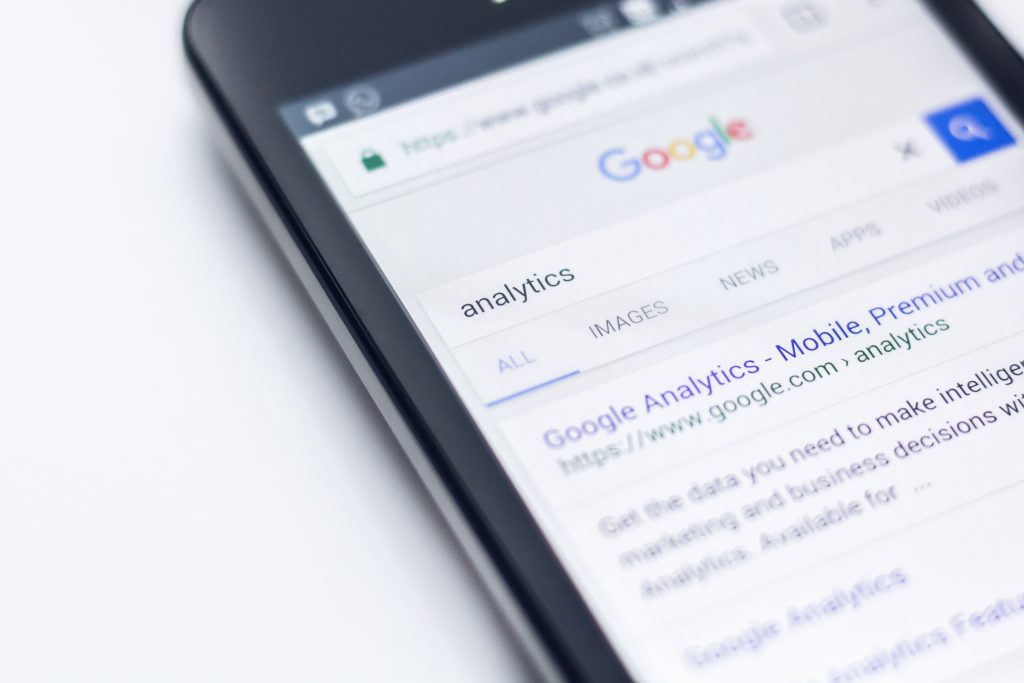
The recent Cambridge Analytica scandal and the #DeleteFacebook trend that followed, have posed important questions about the price we pay for social media. What do we really pay in return for a social internet that is ‘free of charge’? Although we don’t pay with actual currency, an argument can be made that we pay with our data. But do the benefits of using social media outweigh the costs?
Todd Rosenblum, a former secretary to the White House under Barack Obama, outlines how social media companies collect our personal data as a commodity in exchange for letting us use the social media platform and its services free of a monetary charge. The more we use the platform, the more details we provide and the more third-party advertisers pay for it.
However, such a willing exchange of our personal details can be costly. Having so much of our data allows these third parties to specifically target individuals and persuade them to buy their products and services. This initially doesn’t sound so malicious. It’s just good business. Right? Wrong. In the wrong hands this can go awry. Let’s consider the role social media platforms played in the EU referendum and the 2016 presidential election. Platforms like Facebook and Twitter were pegged for having a huge influence in the outcomes of these political events.
If our data falls into the wrong hands, third-party services with potentially harmful underlying motives have the freedom to influence our choices, which is a scary thought. This is why it is so important to consider whether social media is really worth it.
Undoubtedly, social media has many benefits, from allowing us the freedom to voice our opinions, being creative, and pursuing our interests, to allowing us to push for social change and connect with individuals from all over the world.
However, in exchange for this we risk exposing ourselves to forces beyond our control that could potentially change the direction our futures take. Without checks and balances, such power in the wrong hands could be detrimental to society and to the progress we have made towards a better and safer future.
Social media can be very positive and is extremely beneficial in the right capacity. What is required to ensure that it remains a positive and valuable contributor is a critical approach from its users. We need to be critical of the actions of these companies, we need to demand transparency, checks, balances and safeguards to ensure that we do not forsake our chance at a better future. •
